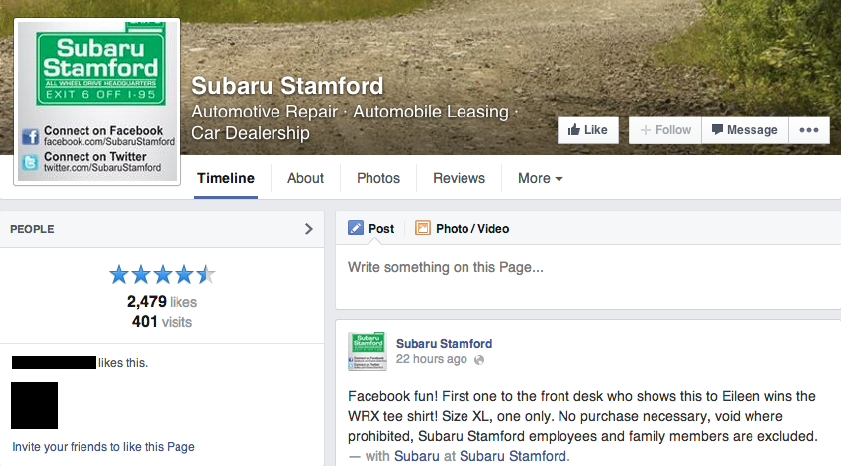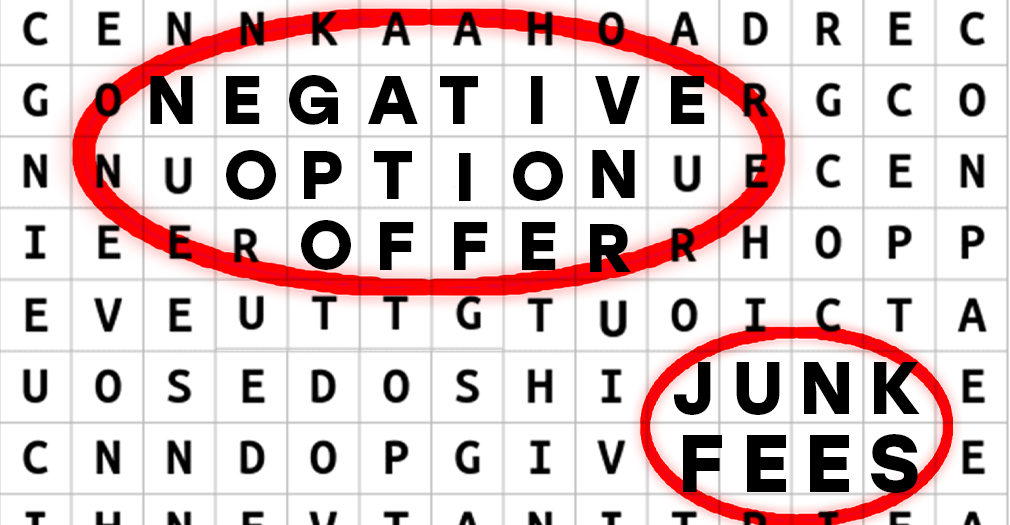
What You Should Know about Used Cars and Open Recalls
It may surprise you.
Have you ever spotted a suspect "like" on your Facebook profile?
| Jason Bagley
My friend doesn’t drive a Subaru. So when I saw a Facebook ad for a Subaru dealership with his endorsement, I had to wonder: What’s up with the Jetta?
The sponsored ad appeared on the right side of my homepage where, as of this article, Facebook also presents events, birthdays, and “trending” news articles.
Sponsored ads sometimes carry a friend’s endorsement in the form of a “Like” of the company’s Facebook page, and that was the case with the Subaru ad.
But knowing my friend drove a Volkswagen, I had to ask: Did you really like this page for a dealership in Stamford, Connecticut. His text back: What?!! Why would I like Subaru?
As the happy owner of a Subaru myself — which I imagine was why the ad had surfaced in the first place? — I could have given him a few reasons, but that was beside the point.

Earlier this year, a class-action lawsuit against the social media behemoth alleged that Facebook unlawfully misrepresents its users by liking pages without their knowledge or consent, and in doing so creates “a false impression that its customers are promoting a particular company or product.”
The three plaintiffs each cited a page that they alleged Facebook liked without their permission — the three company pages belonging to USA Today, Duracell, and Kohl’s. In the cases of USA Today and Duracell, the likes were featured in sponsored ads visible to Facebook friends, the complaint alleged.
The lawsuit sought millions of dollars in punitive damages for the millions of Facebook users potentially affected by the alleged unauthorized endorsements. But in a motion to dismiss, Facebook called the claims “baseless” and argued that the plaintiffs probably liked the pages and forgot or “inadvertently” clicked the like button on Facebook or elsewhere.
Less than five months after the suit was filed in January, the three plaintiffs dropped their case in May. And they withdrew it with prejudice, meaning the case can’t be brought back to court. The reason for the withdrawal was not made public.
TINA.org reached out to Facebook for comment on the case and its outcome but did not receive a response.
Have you ever spotted a suspect “like” on your Facebook profile? Let us know in the comments below.
It may surprise you.
Federal efforts to rein in such charges have largely been unsuccessful to date.
These brand collabs are far from fab.


